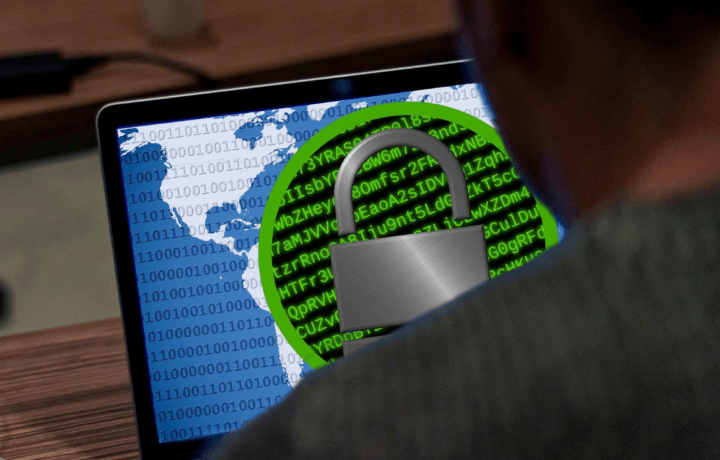The Russian invasion of Ukraine has escalated the cybersecurity worker shortage and shown us how important it is that we have high-skilled national security workers to combat future cybersecurity threats. IT industry statistics show that the need for cybersecurity workers has increased 30% in the last year with more than 400,000 open cybersecurity jobs.
A new Department of Homeland Security (DHS) grant intends to train veterans and their spouses for free with the cybersecurity skills needed in this high demand time. The $1 million grant from the Cybersecurity and Infrastructure Security Agency (CISA) will put veterans and military spouses through an intensive cybersecurity training course while also providing hands-on training opportunities with commercial clients and government contractors. This is the first time CISA has awarded a cybersecurity grant that recruits cybersecurity workers – which we are seeing a huge staffing gap with the amount of cybersecurity openings in comparison to the talent we have on hand.
The nonprofit tech training organization, NPower, is working with CISA and developing the cybersecurity training program at hubs across the U.S. Nelson Abbott, senior director of advanced program operations, joins the podcast to discuss the grant, current events, and why attracting talent to cybersecurity roles is so critical.
The war in Ukraine has been a fascinating, real-time example of how cyber warfare has been operating for years, Abbott noted. Cyber warfare has been behind the scenes but this is serves as an exercise for people to learn how cybersecurity vulnerabilities and threats are carried out – not to diminish the destruction these real-life events have been for those overseas.
In the last two years, events like SolarWinds and the gas pipeline hacks, software attacks on water treatment plants in Florida, or meat distribution supply lines hacks spark curiosity on what would happen if all critical infrastructure like these were targeted at the same time. Alone, the destruction isn’t permanent, but all going down at once would be chaos and disruption. Abbott says, “And you start getting into dystopian future kind of sci-fi movie territory, but it could be a reality. And I think that is why it’s so important for people to even if they don’t pursue cybersecurity as a career, to have a security mindset about information and infrastructure.”
The demand for cleared cybersecurity workers remains high, so if you are a transitioning service member, veteran or military spouse, take this grant opportunity to pivot your career and support the main front in cybersecurity warfare.




